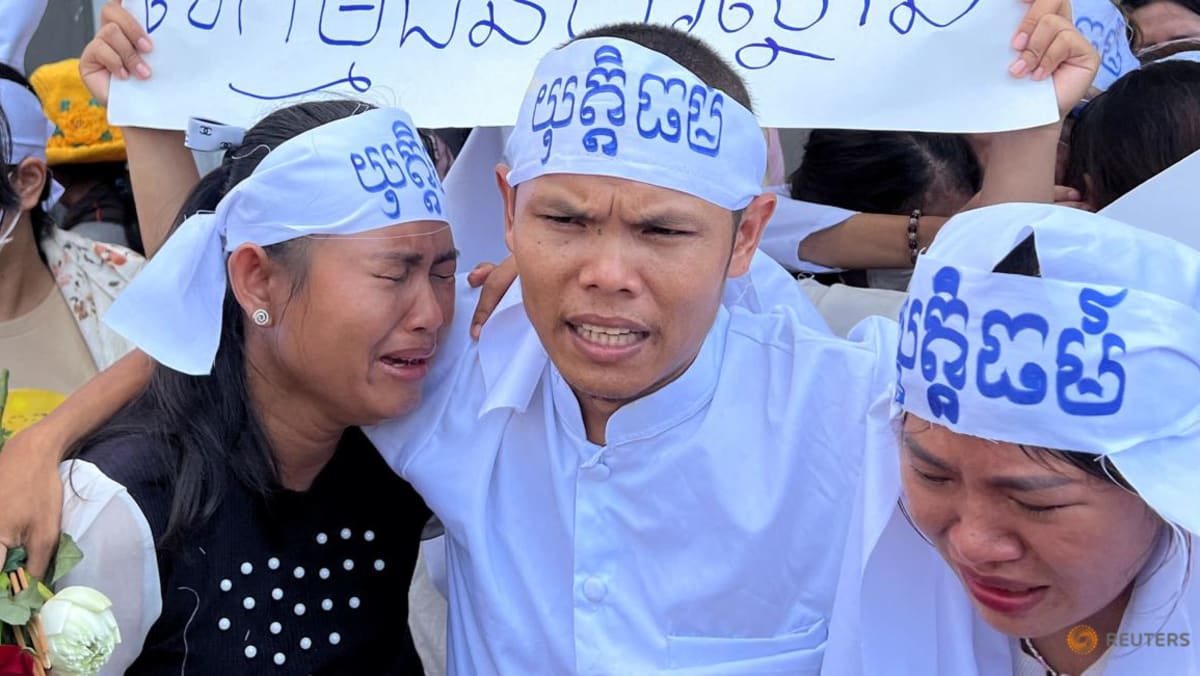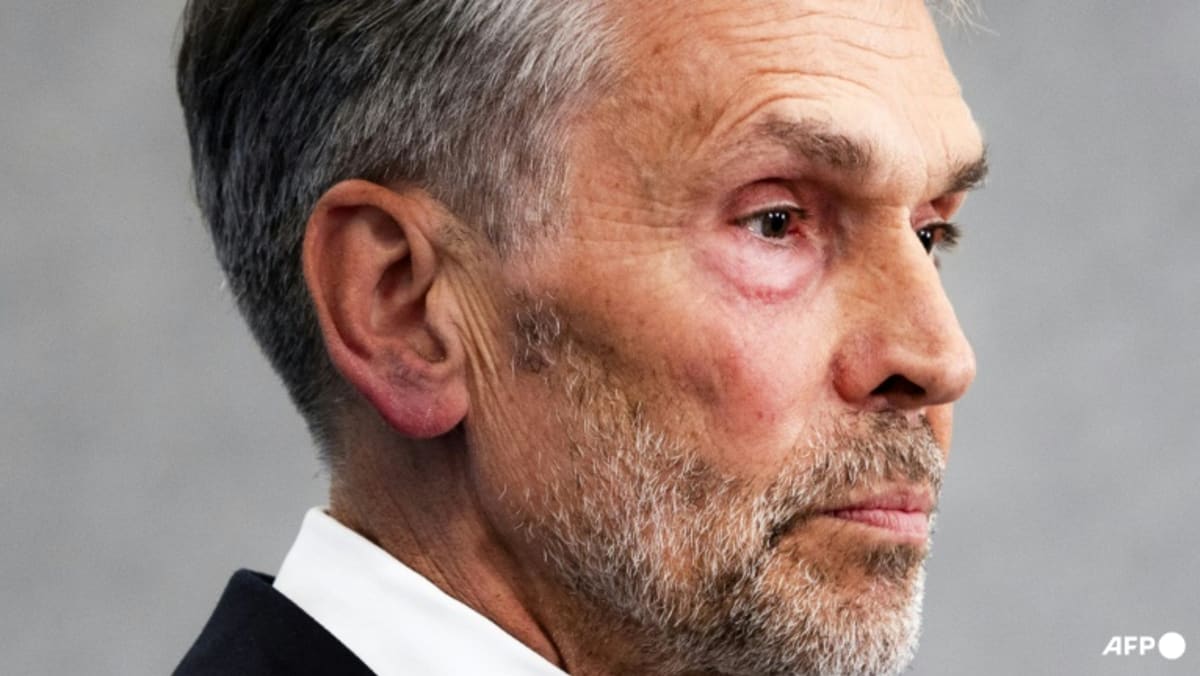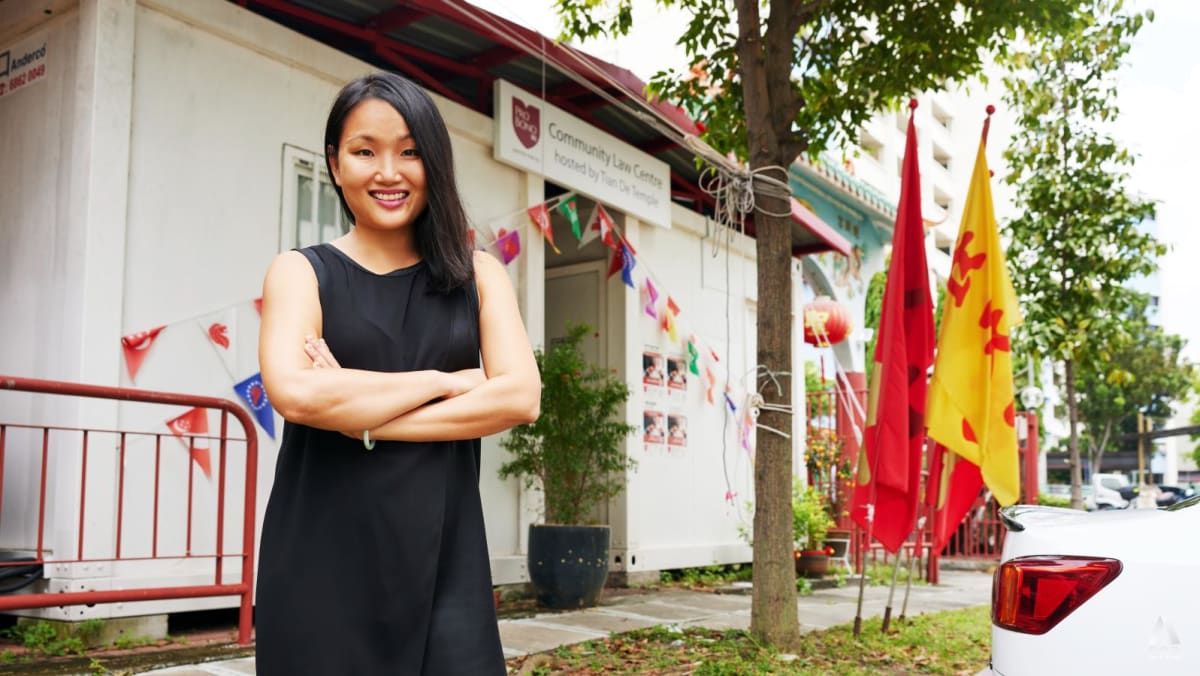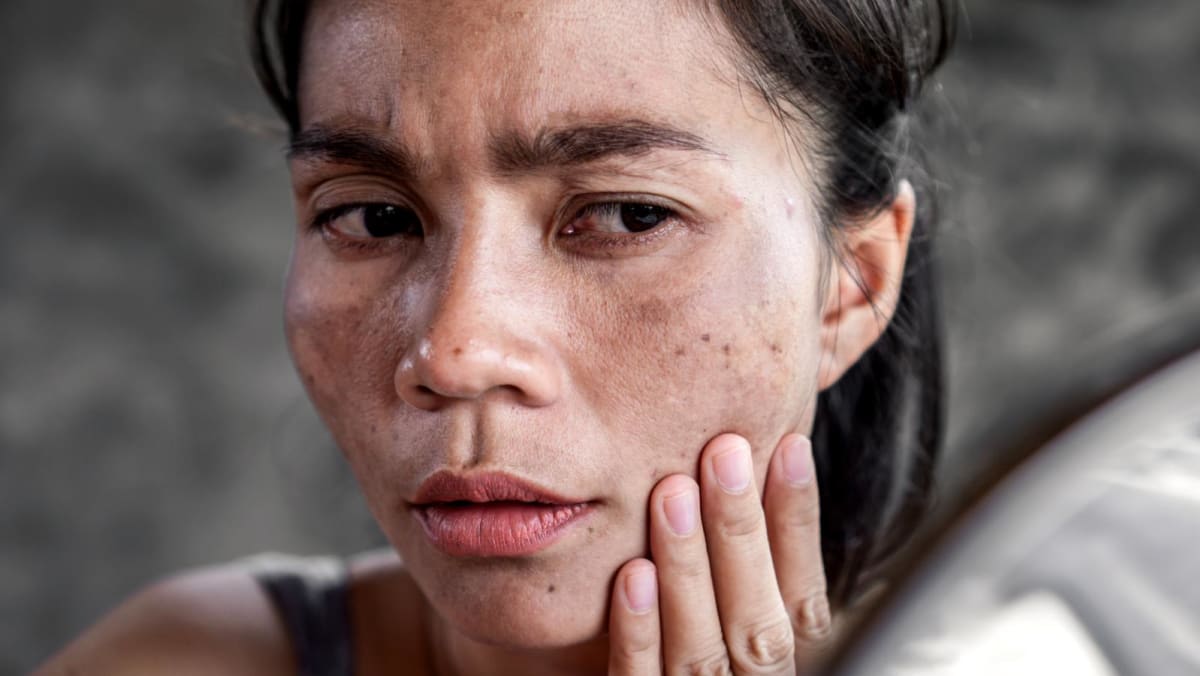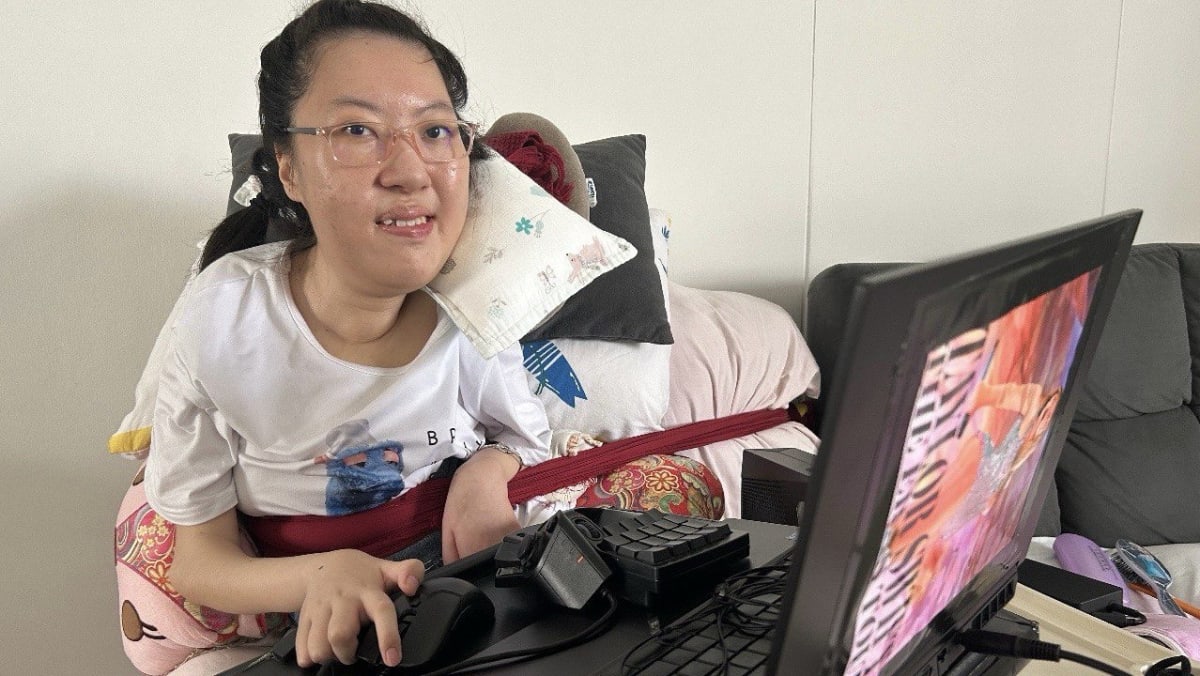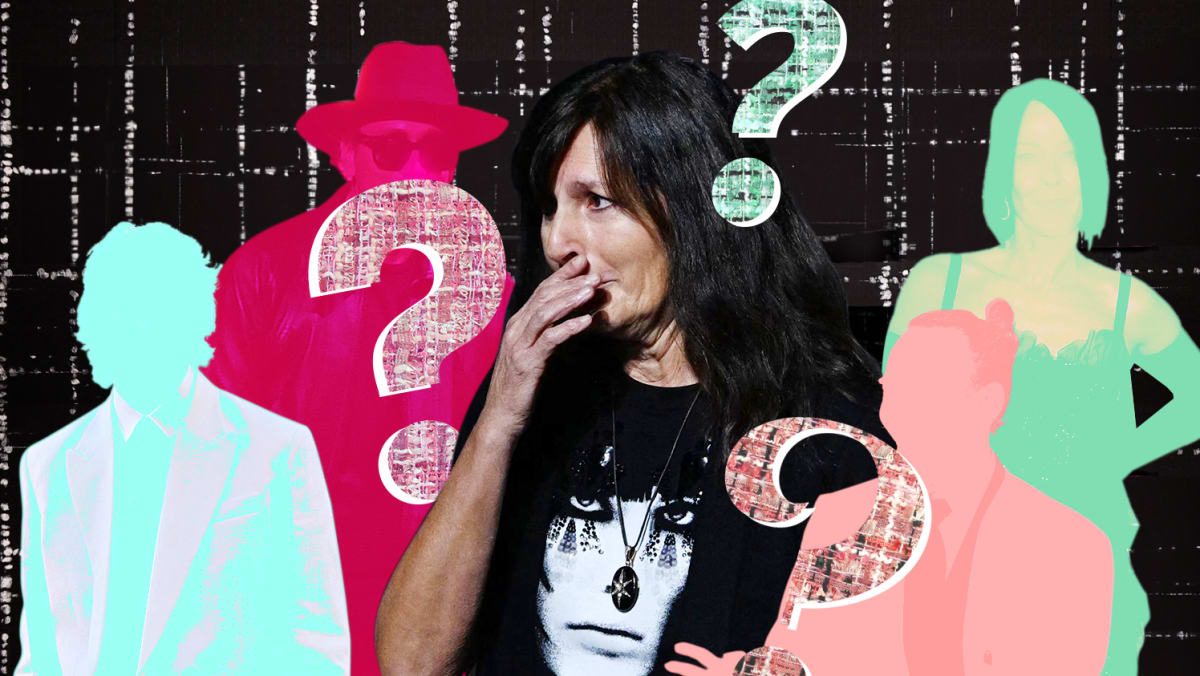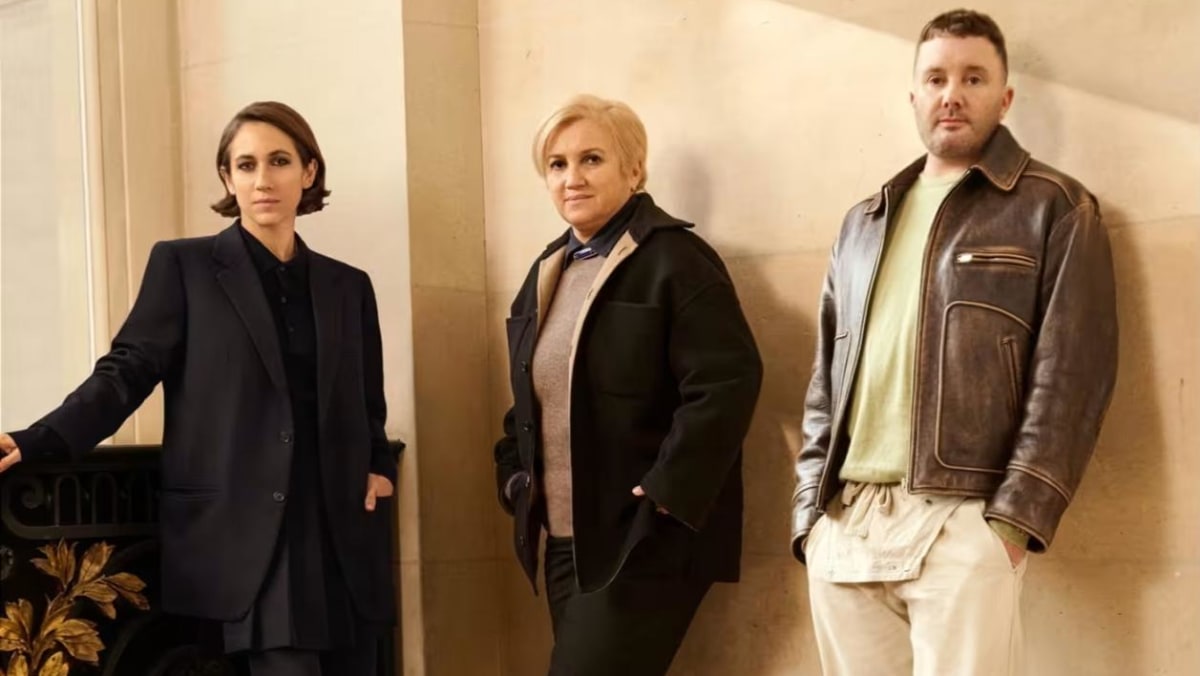While her team can’t recommend individual private practitioners, they take the time to explain which practice areas the client’s issue comes under, and hand these clients to the Law Society’s directory of lawyers. From there, clients can narrow down which lawyer speaks their preferred language, which offices are wheelchair accessible, and which lawyers do home visits, for instance.
Most of these clients are happy to pay for a private lawyer. They simply didn’t know how to access one, Cai realised. “You can’t assume that just because people have money, they will know how to resolve the problem.”
HELPING OTHERS TO HELP OTHERS
Over the years, Cai has also changed her perspective on the role of a community lawyer. The client-lawyer relationship used to be black and white to her; clients were the ones who needed help, while lawyers were there to help them. But meeting more families taught her that every family also has strengths, in addition to their challenges.
“You must be able to (recognise) their resilience… all the efforts that they’ve made to make (their) lives better and to provide for their families, to become self-sufficient, and even to be of service to other people in the community,” she said.
“Community lawyering has changed my view on who else can help.”
So, when offered her current role in strategy and impact evaluation, she decided to embrace the challenge. The role, which is less operations-focused than heading up community lawyering, will enable her to look at Pro Bono SG’s bigger development strategy.
This involves using their existing data – from volunteer lawyers’ observations of clients to feedback from social workers on community gaps – to decide which heartlands to set up new centres.

